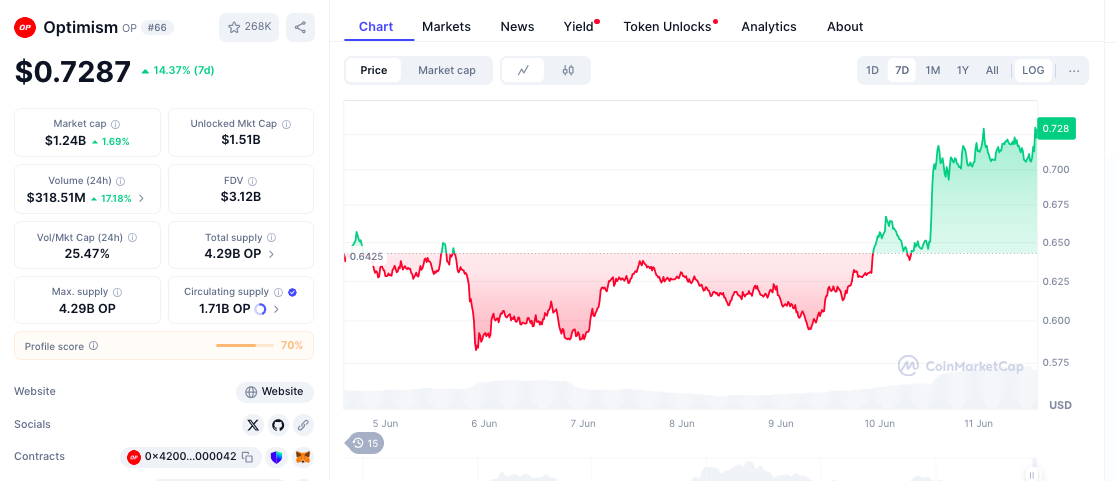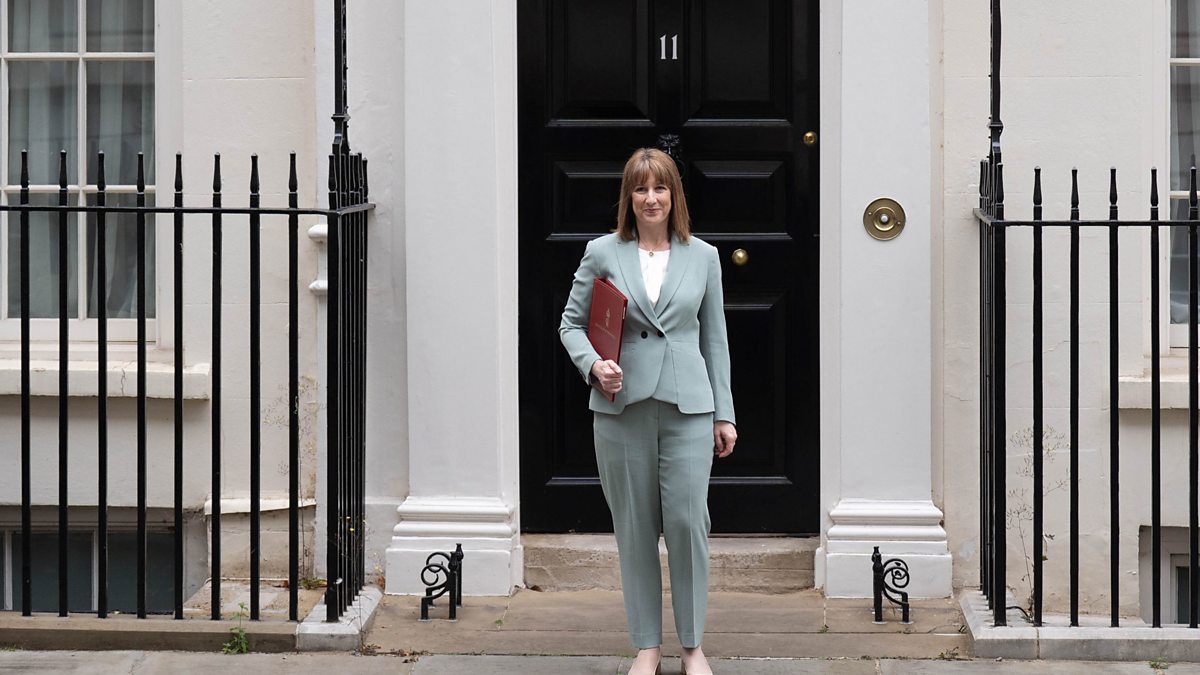US president Joe Biden has struck a deal with Kevin McCarthy, the Republican House speaker, that would avert a debt default looming in early June and bring relief to the global economy and financial markets.
Biden and McCarthy reached the in-principle agreement on Saturday following days of tense, round-the-clock negotiations between the White House and Capitol Hill that sought to break the fiscal stand-off gripping Washington.
The deal will raise America’s $13.4tn borrowing limit for two years, until after the next presidential election in late 2024, and will include caps on government spending over the same period.
But the compromise legislation still needs to pass both chambers of Congress over the coming week, and is likely to face resistance from some lawmakers in both the Republican and the Democratic parties.
Until then, there will still be uncertainty over the potential for a default in the world’s largest economy that could rattle markets, raise borrowing costs and shock labour markets around the world. Janet Yellen, the US treasury secretary, has warned that the US risks a default as early as June 5.
In a statement on Saturday night, Biden urged both chambers of Congress to approve the deal “right away”.
“The agreement represents a compromise, which means not everyone gets what they want. That’s the responsibility of governing,” the president said.
“And this agreement is good news for the American people, because it prevents what could have been a catastrophic default and would have led to an economic recession, retirement accounts devastated, and millions of jobs lost.”
The agreement was sealed after Biden and McCarthy spoke by phone on Saturday evening. Biden was at his Camp David presidential retreat in Maryland, while McCarthy had remained in Washington to oversee the negotiations. Over the course of the day, the speaker had been huddling with his lead negotiators as well as the party’s whips responsible for counting and marshalling votes when the bill is put on the House floor.
“I believe this is an agreement in principle that is worthy of the American people,” McCarthy told reporters at the Capitol before briefing lawmakers on the deal. He added that he expected the text of the legislation to be posted on Sunday and put up for a vote on Wednesday.
“It has historic reductions in spending, consequential reforms that will lift people out of poverty into the workforce [and] rein in government over-reach,” he added.
The biggest risk to the deal’s passage through Congress is a possible revolt from the right flank of the Republican party closest to former president Donald Trump. There were already signs of unrest and anger.
Dan Bishop, a lawmaker from North Carolina, tweeted on Saturday that it would be “war” if McCarthy brought back a debt-limit increase that would protect Biden in the 2024 presidential race. McCarthy will need the backing of some Democrats in order to get a majority for the bill, but it is unclear how many will support it.
The showdown over the debt ceiling will not only have economic and financial implications. It could also reverberate into the race for the White House. Biden has already launched his re-election campaign, while Trump and Ron DeSantis, the Florida governor, are the top contenders for the Republican nomination.
A person familiar with the talks said the deal would keep non-defence spending roughly flat in the 2024 fiscal year, while increasing it by 1 per cent in 2025, with no further caps after that. Republicans had initially pushed for deeper spending cuts over a decade.
One of the biggest sticking points in the talks had been the demand by Republicans to ramp up work requirements for social safety-net programmes, particularly food aid for low-income individuals. A version of that measure was part of the deal, setting time limits for recipients up to the age of 54.
But Biden secured a carve-out for homeless people and veterans, and ensured that the new work requirements were not permanent. The tentative deal also includes a provision designed to speed up environmental reviews.
Credit: Source link











